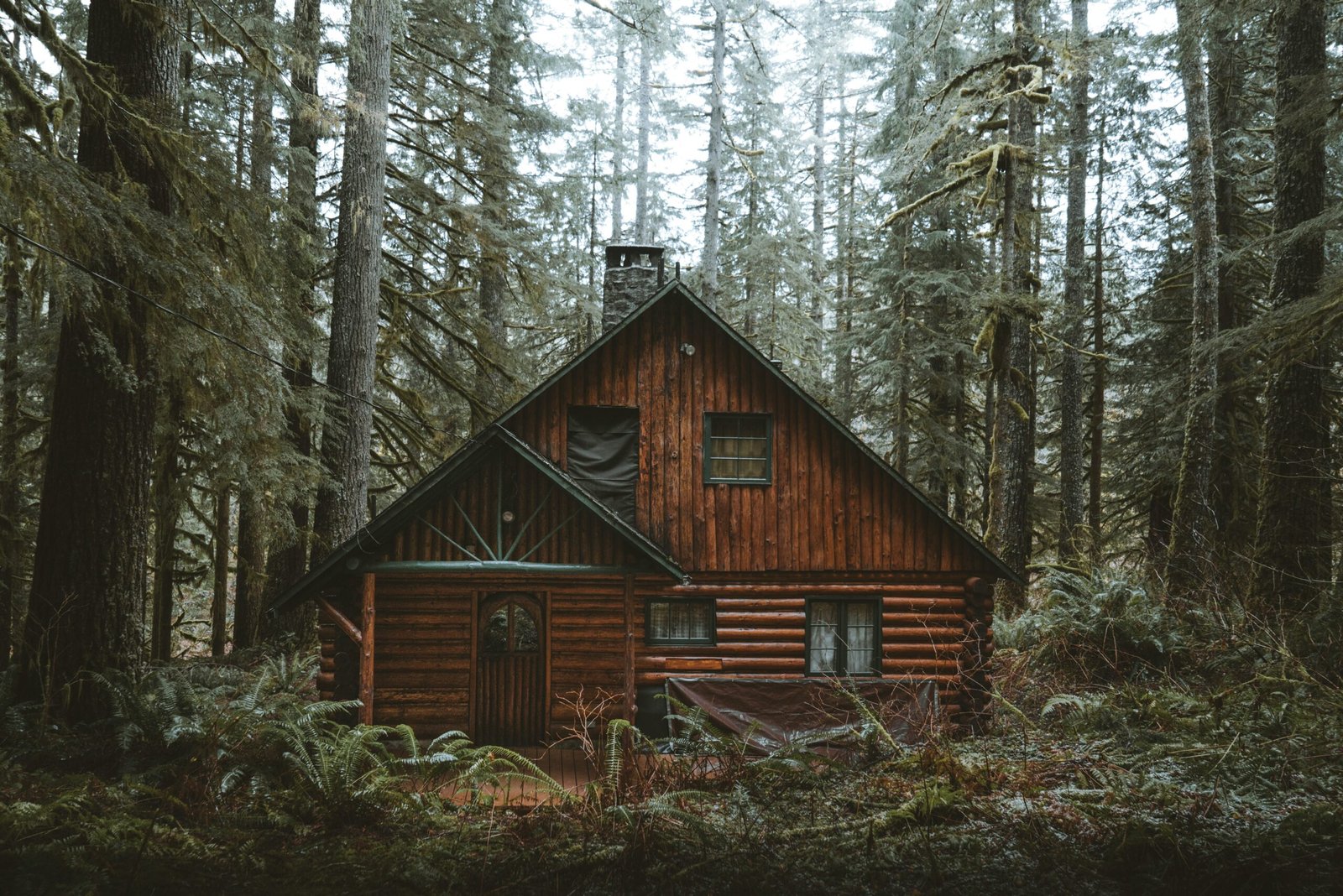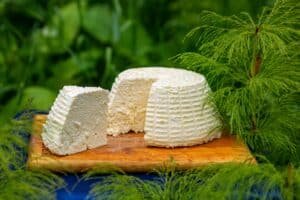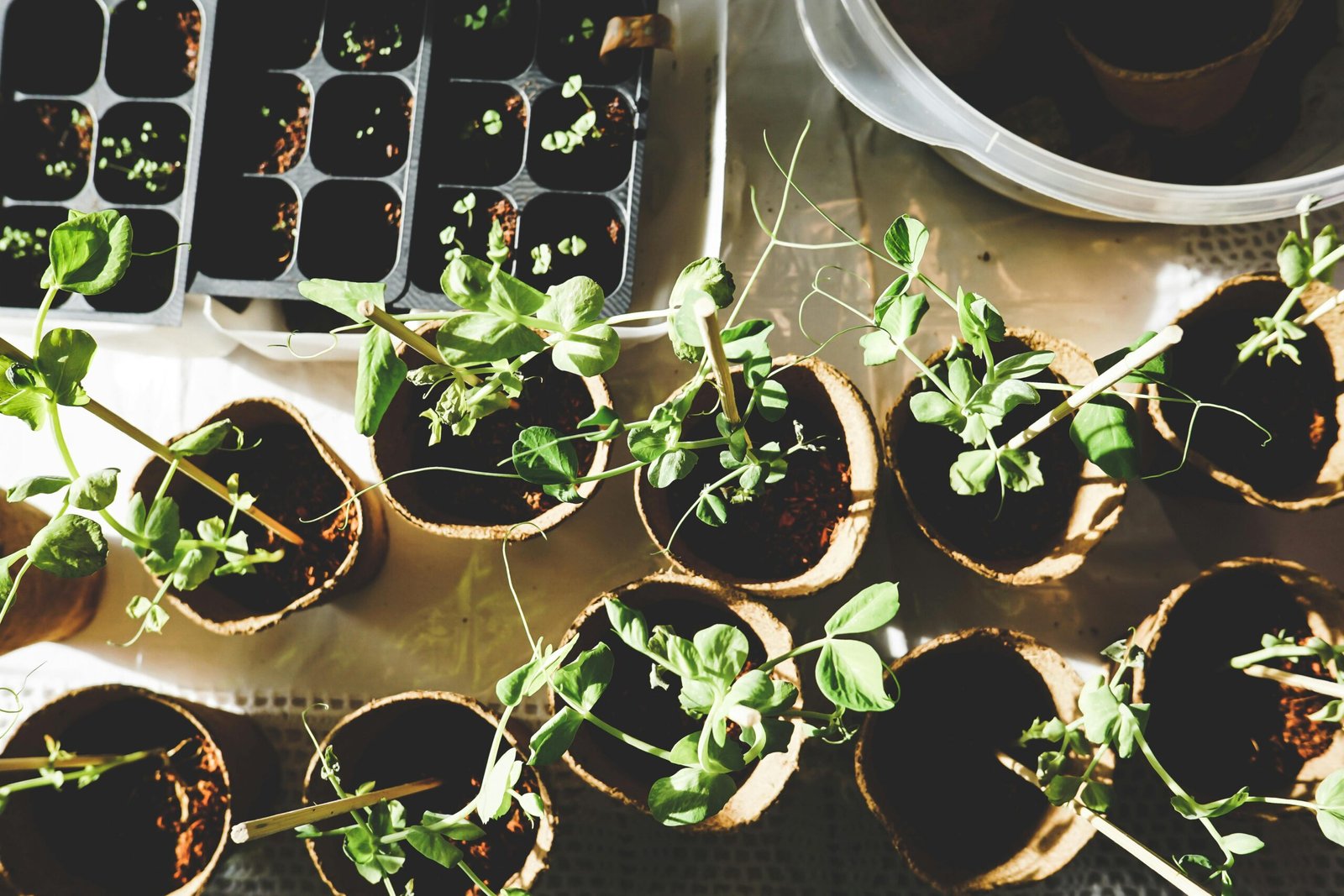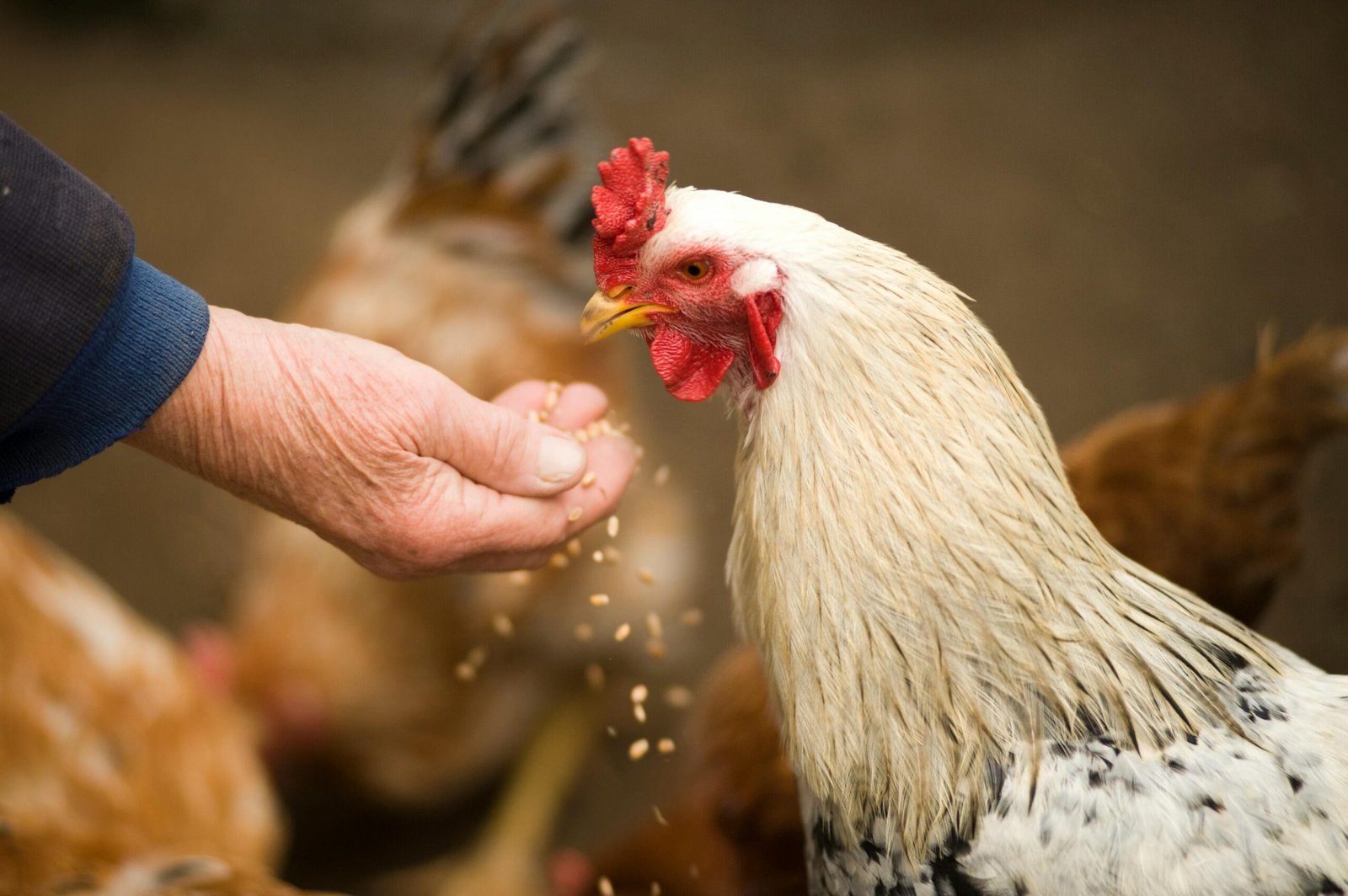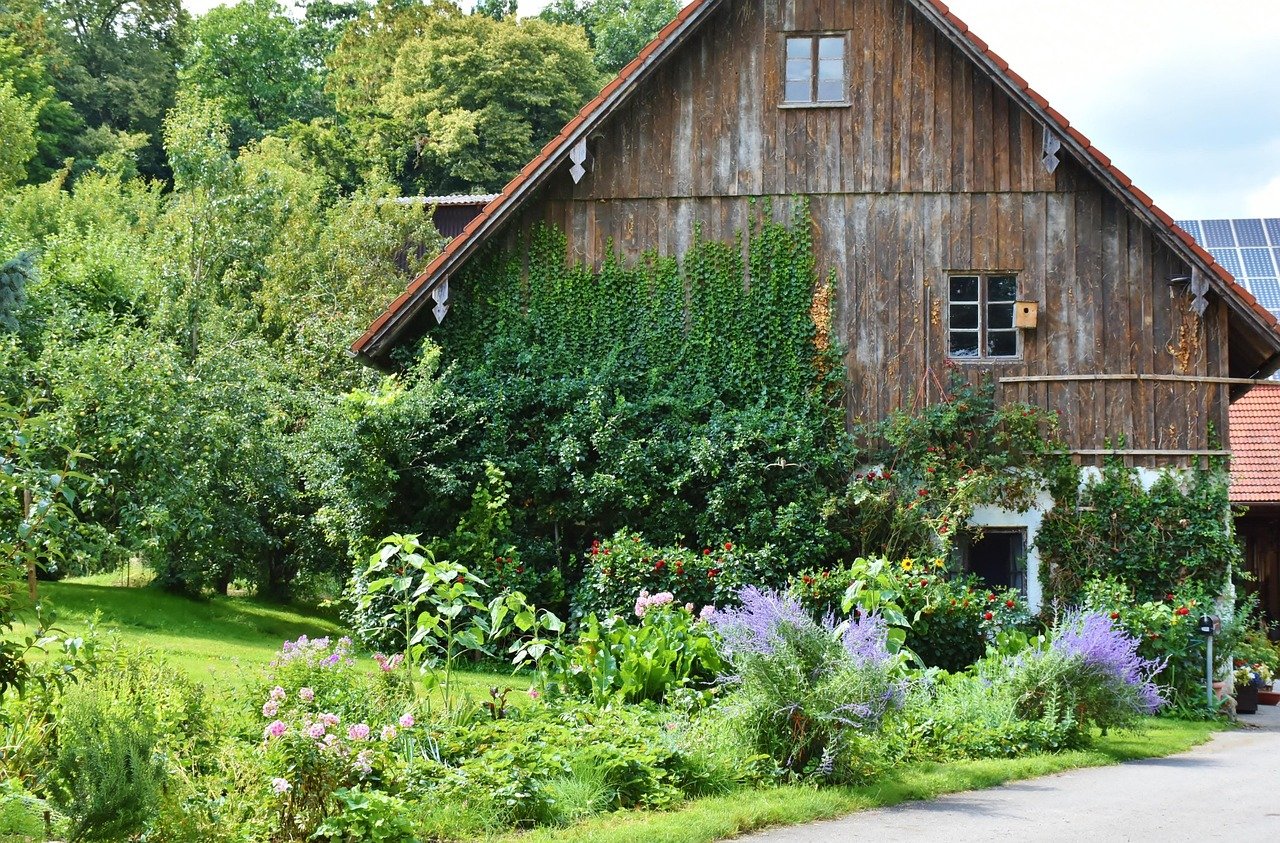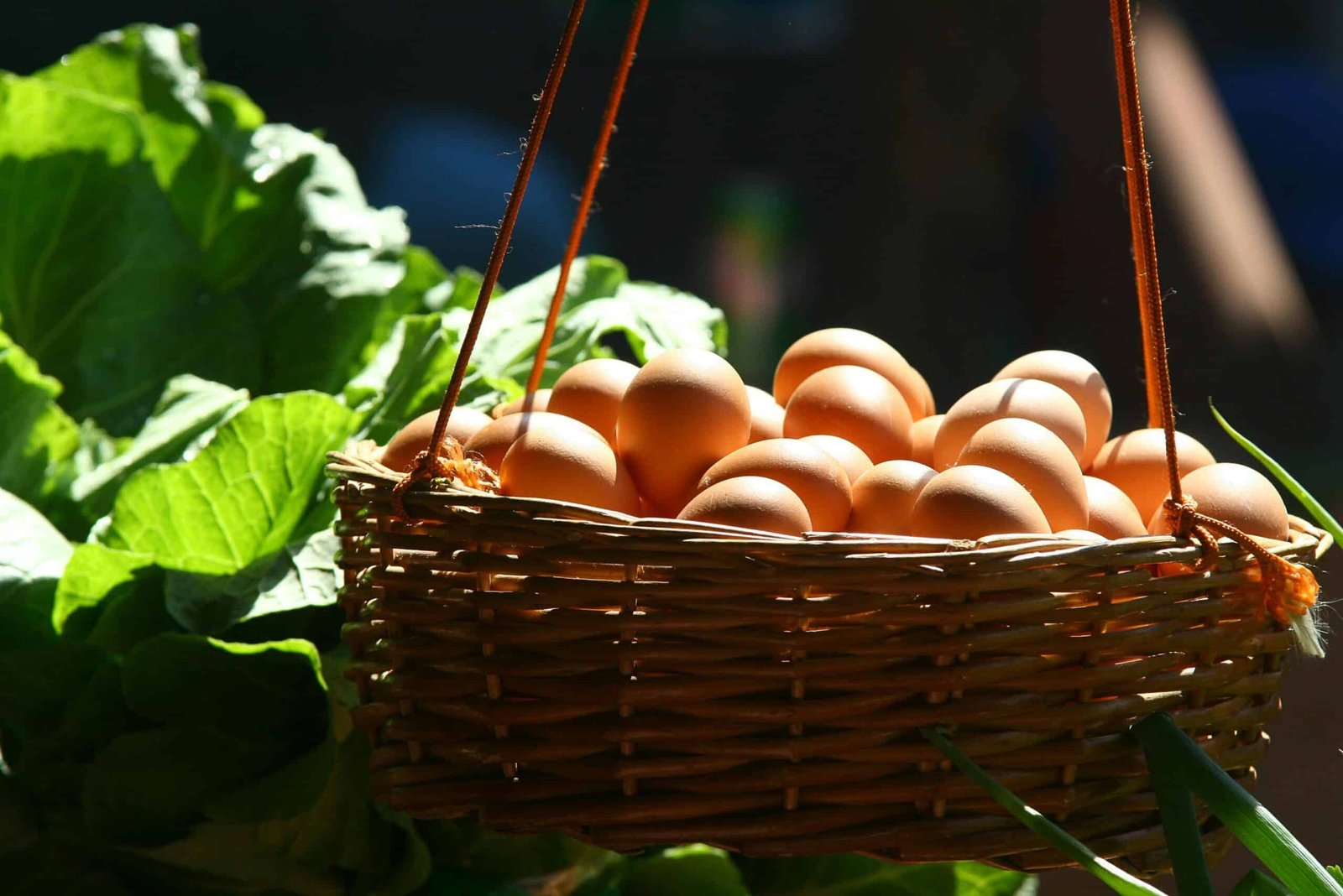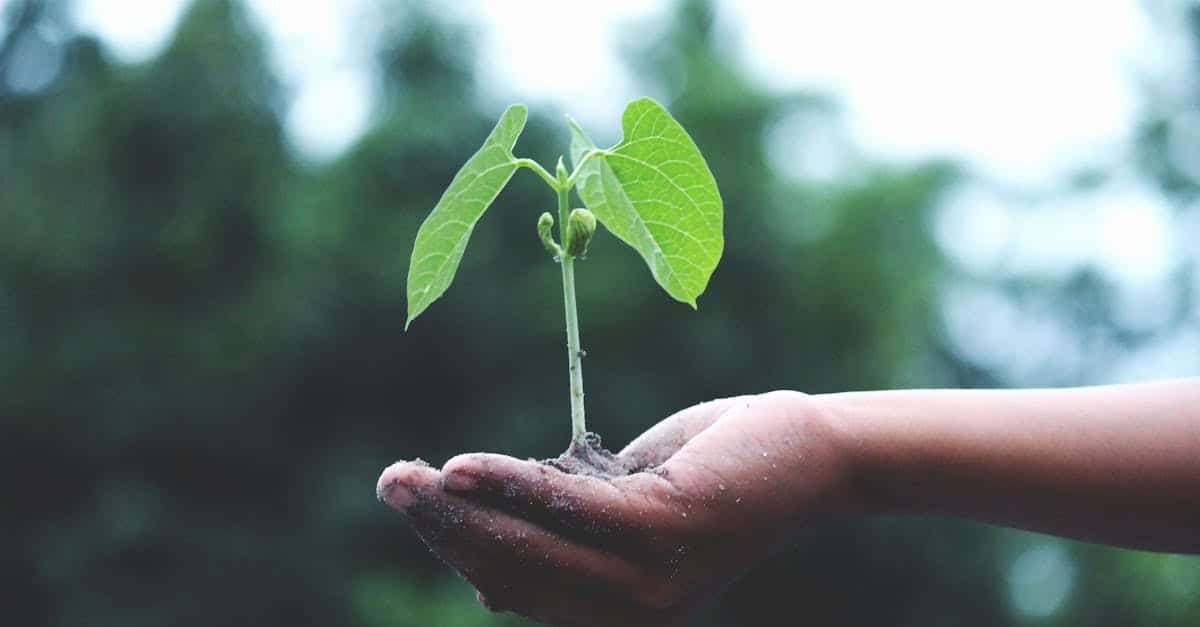Dreaming of a homestead but don’t have one yet? No problem! You can start practicing many homesteading skills right where you are, no matter where you live or what resources you have. The beauty of homesteading lies in its mindset: self-sufficiency. It’s not about the number of acres you have, the size of your garden, or how many animals you raise. It’s about being resourceful, connected to your land, and capable of taking care of your needs.
Even if you’re not yet living on your homestead, you can learn these 30 homesteading skills to get ahead. By the time you move to your dream land, you’ll already be prepared and ready to hit the ground running. Here are some of the best homesteading skills for beginners to start with:
1. Cooking From Scratch
This foundational homesteading skill can be learned no matter where you live. Start by cooking meals from scratch once or twice a week. Learn simple recipes like roasting a whole chicken, making bone broth, or preparing pasta dishes. As you get comfortable, you can experiment with more complex recipes.
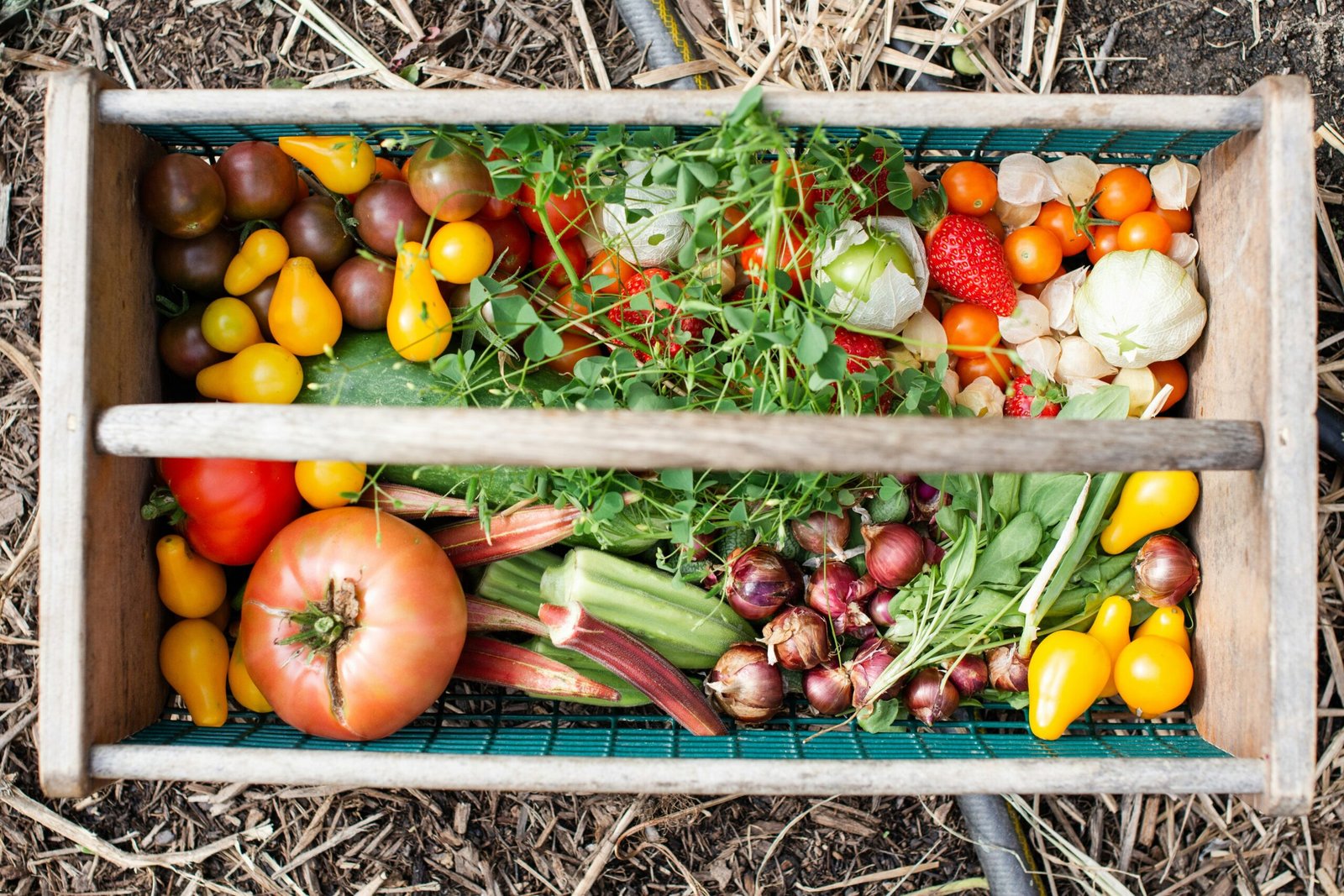
2. Grain Milling
If you want to take your cooking to the next level, consider milling your own grains. Invest in a grain mill to grind bulk grains into flour for baking. This is a skill that saves money and helps you control what goes into your food.
3. Bread Baking
Fresh, homemade bread is a must-have on any homestead! Learn to bake simple breads like whole wheat or sourdough. Once you get comfortable with basic recipes, expand to making rolls, bagels, and even pizza dough.
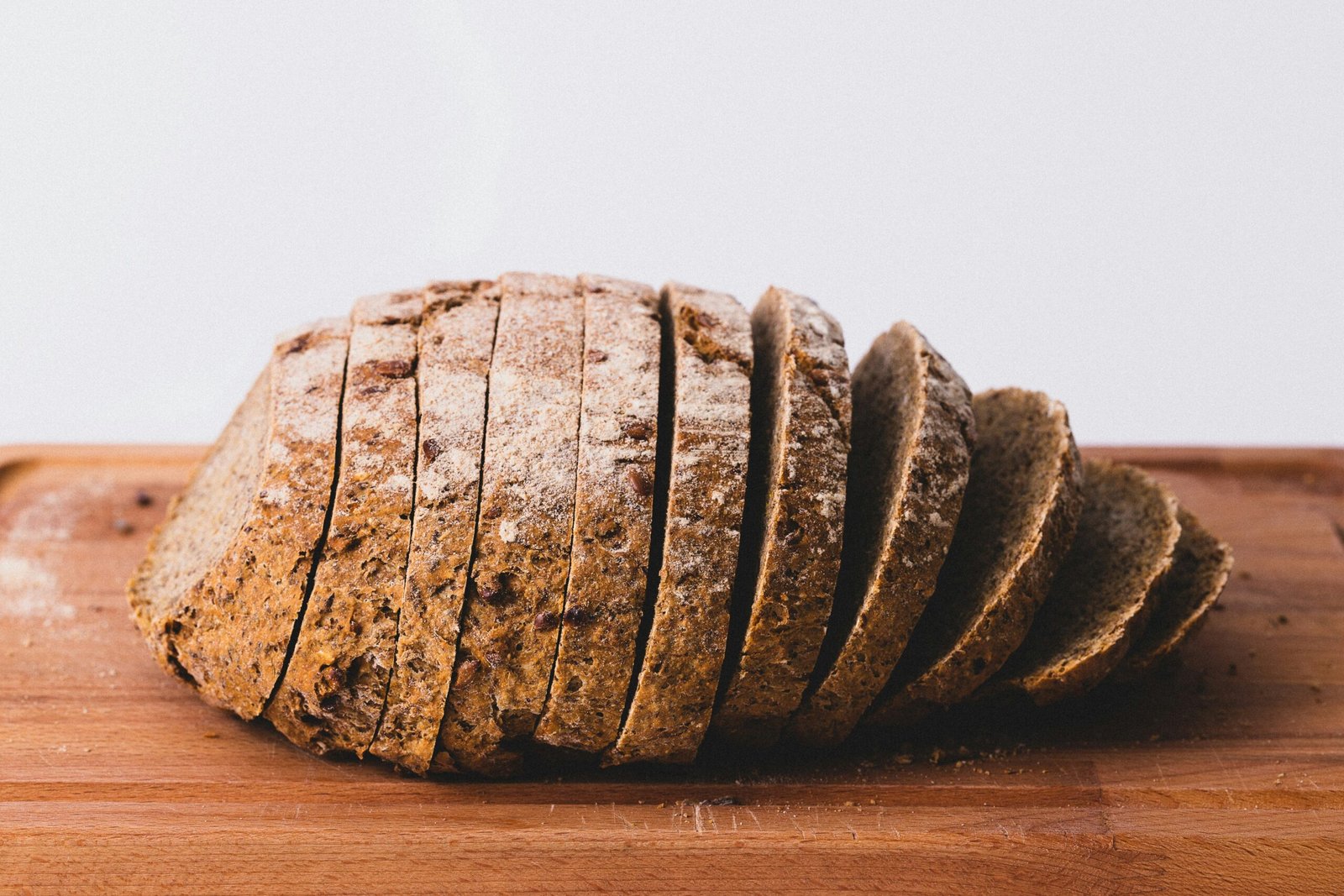
4. Sourdough Bread Making
Once you’re comfortable with basic bread baking, dive into sourdough. Creating and maintaining a sourdough starter can feel like a rite of passage for homesteaders. The tangy bread it produces is not only delicious but a fantastic way to build your skill set.
5. Canning & Preserving
Learn how to preserve seasonal produce by canning, freezing, and dehydrating. You can start with simple water bath canning recipes (think jam or pickles) and work your way up to pressure canning meats and soups. Preserving your harvest is a key homesteading skill.
6. Fermentation
Fermenting foods like sauerkraut, kimchi, kombucha, and kefir is an easy way to preserve them while boosting their health benefits. Fermentation relies on beneficial bacteria to preserve food naturally, and it’s an ancient skill that every homesteader should know.
7. Stocking Your Pantry
Having a well-stocked pantry is a vital part of homesteading. Buy bulk staples like grains, beans, canned goods, and dried herbs. Aim to build up your food storage a month’s worth at a time, and consider buying in larger quantities for savings.
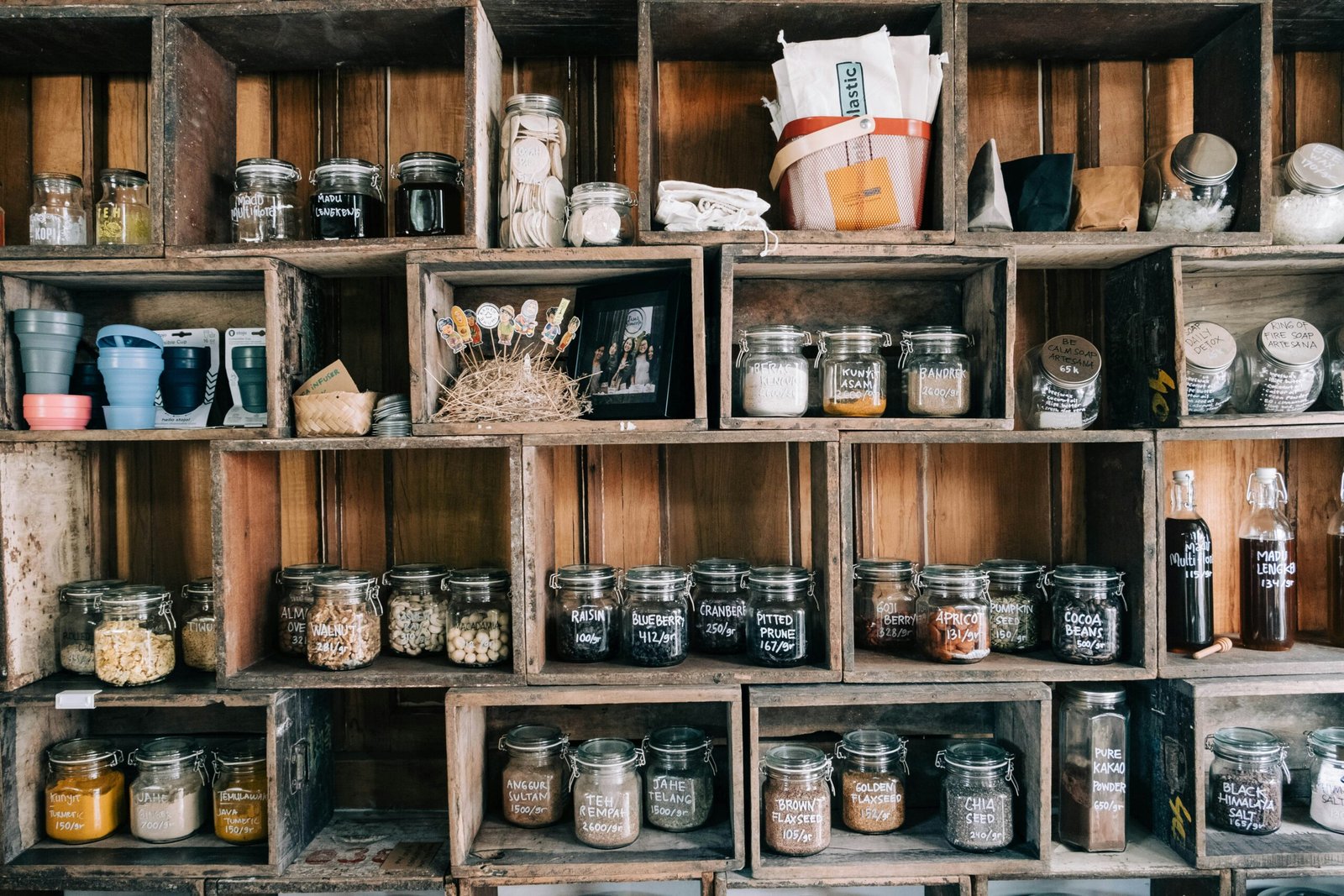
8. Soap Making
Making your own soap allows you to control the ingredients and avoid harsh chemicals. It’s an easy skill to learn, and once you’re comfortable with the basics, you can experiment with different scents, colors, and additives.
9. DIY Cleaning Products
Avoid store-bought cleaning products by making your own. Homemade cleaning solutions are typically safer, healthier, and much cheaper. Learn to make everything from all-purpose cleaners to laundry detergent and toilet bowl cleaner.
10. DIY Bath & Body Products
Expand your DIY skills by learning how to make bath and body products like soap, lotion, and lip balm. These natural alternatives are better for you and the environment, plus they make great gifts.
11. Growing Small Plants
While gardening on a large scale may not be possible yet, you can still practice growing small plants like herbs or small vegetables indoors. This is a great way to get familiar with plant care before you start growing a larger garden.
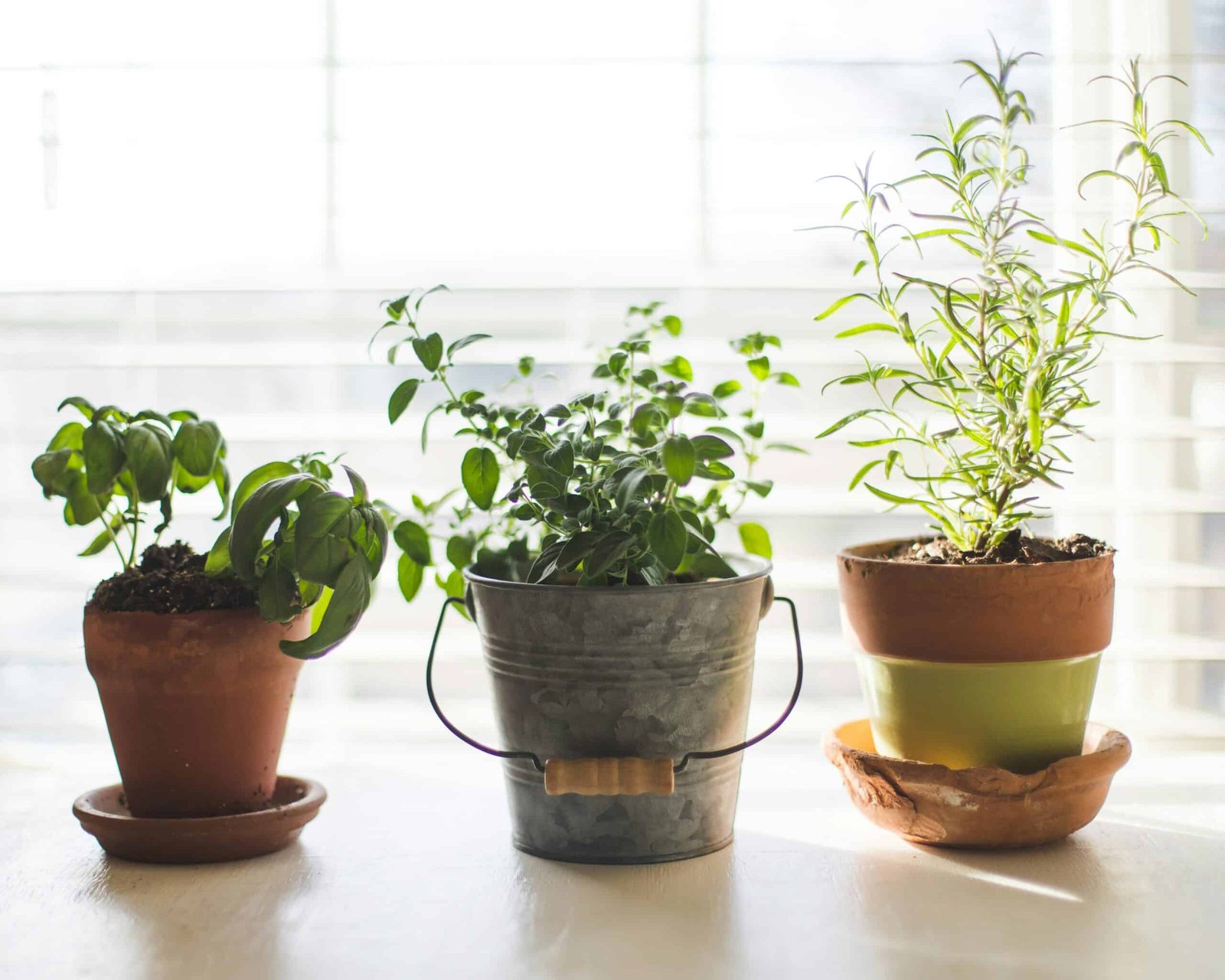
12. Composting
Composting is an essential skill for any homestead. You can start a small compost pile or bin, even if you’re just composting kitchen scraps for your houseplants. Composting is a great way to enrich your soil, reduce waste, and grow a more sustainable garden.
13. Foraging
Learning to forage for wild edibles in your area is a fascinating skill. Whether it’s wild mushrooms, berries, or edible greens, foraging can supplement your food supplies and increase your self-sufficiency.
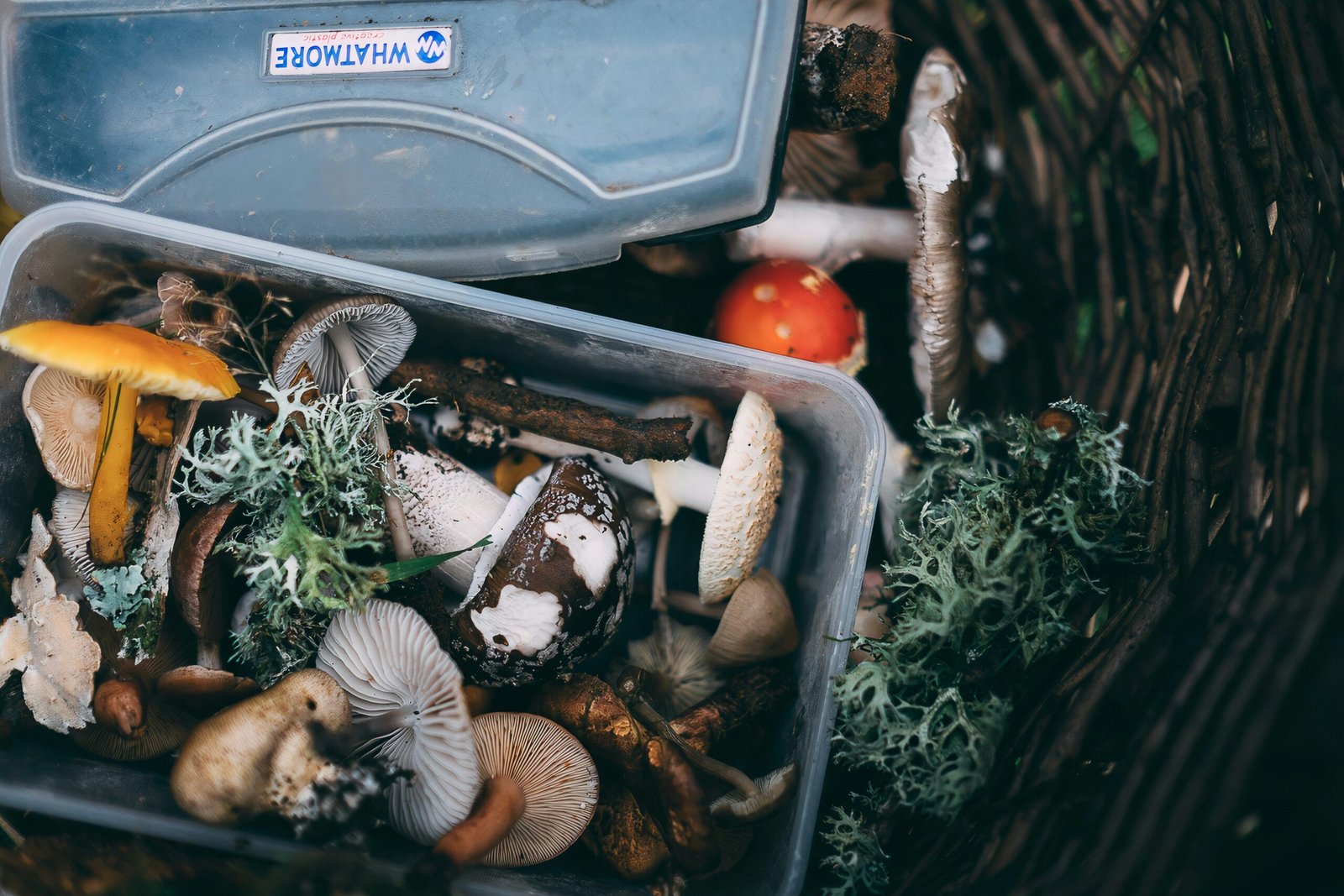
14. Herbal Remedies
Using herbs to create natural remedies for common ailments is a powerful homesteading skill. Learn which herbs are useful for teas, tinctures, salves, and even healing poultices. It’s a great way to reduce your reliance on over-the-counter medicine.
15. Cooking a Whole Animal
Learn how to cook with different cuts of meat beyond just buying steaks and ground beef. This includes cooking whole animals (like chickens or pigs) and using every part, from the bones for broth to organs for additional nutrition.
16. Cheese Making
You don’t need to own a dairy cow to start making cheese. Learn the basics of homemade cheese, starting with simple varieties like mozzarella or ricotta. Cheese-making will prepare you for a more self-sufficient lifestyle when you eventually have dairy animals.
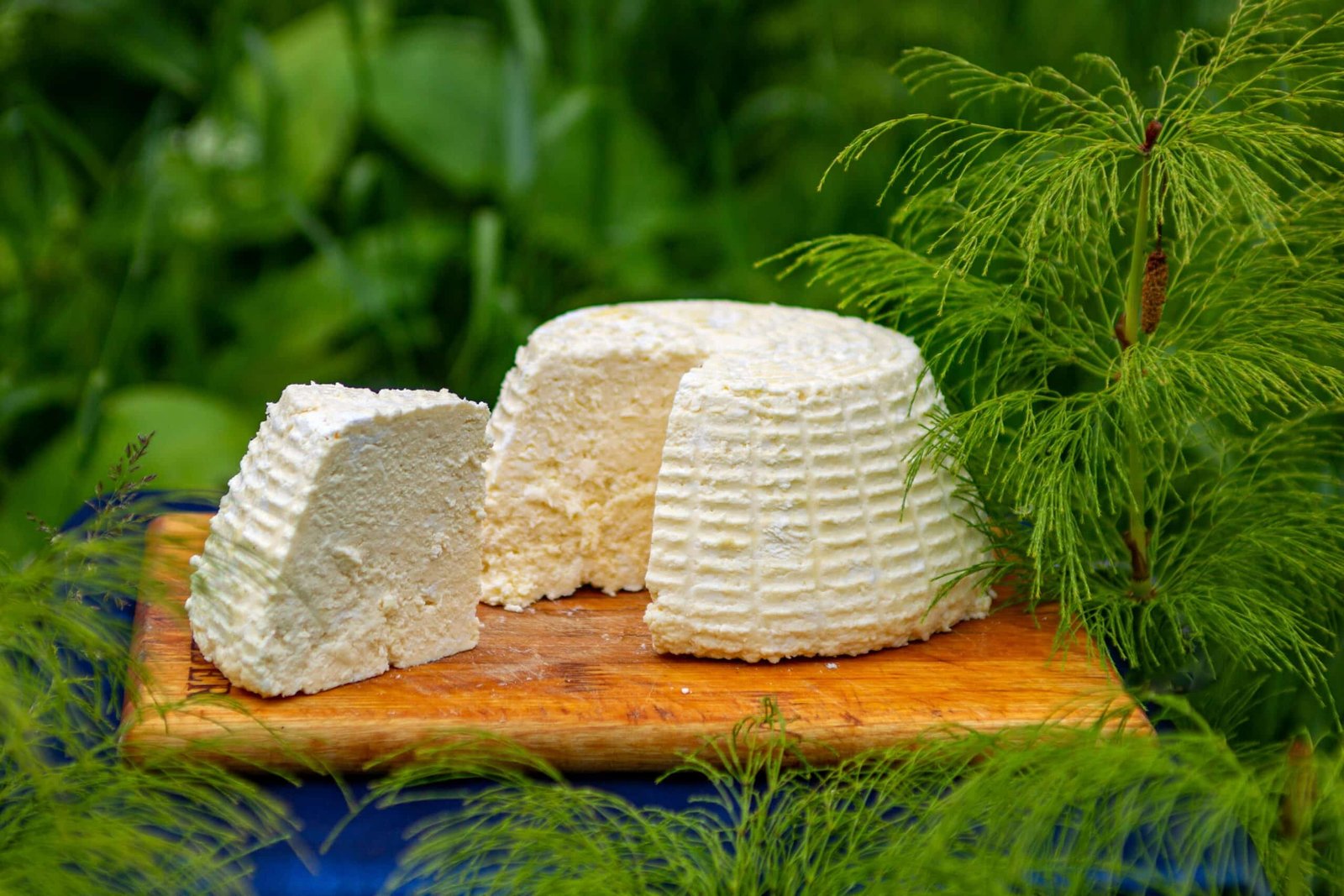
17. Yogurt Making
Making your own yogurt is surprisingly simple and far more cost-effective than buying it at the store. With just a little milk and a yogurt starter, you can create creamy yogurt right at home. A perfect skill to master!
18. Wood-Fire Cooking
If you’re truly embracing self-sufficiency, you need to be comfortable cooking over an open fire. Invest in a cast-iron pot and practice cooking simple meals like stew or baked potatoes. It’s a useful skill if ever you need to rely on fire rather than electricity.
19. Sewing
Sewing is an incredibly useful skill for homesteaders. Whether it’s mending clothing, making curtains, or creating quilts, sewing allows you to repair and make things on your own. Start with small projects like patches or pillowcases and build from there.
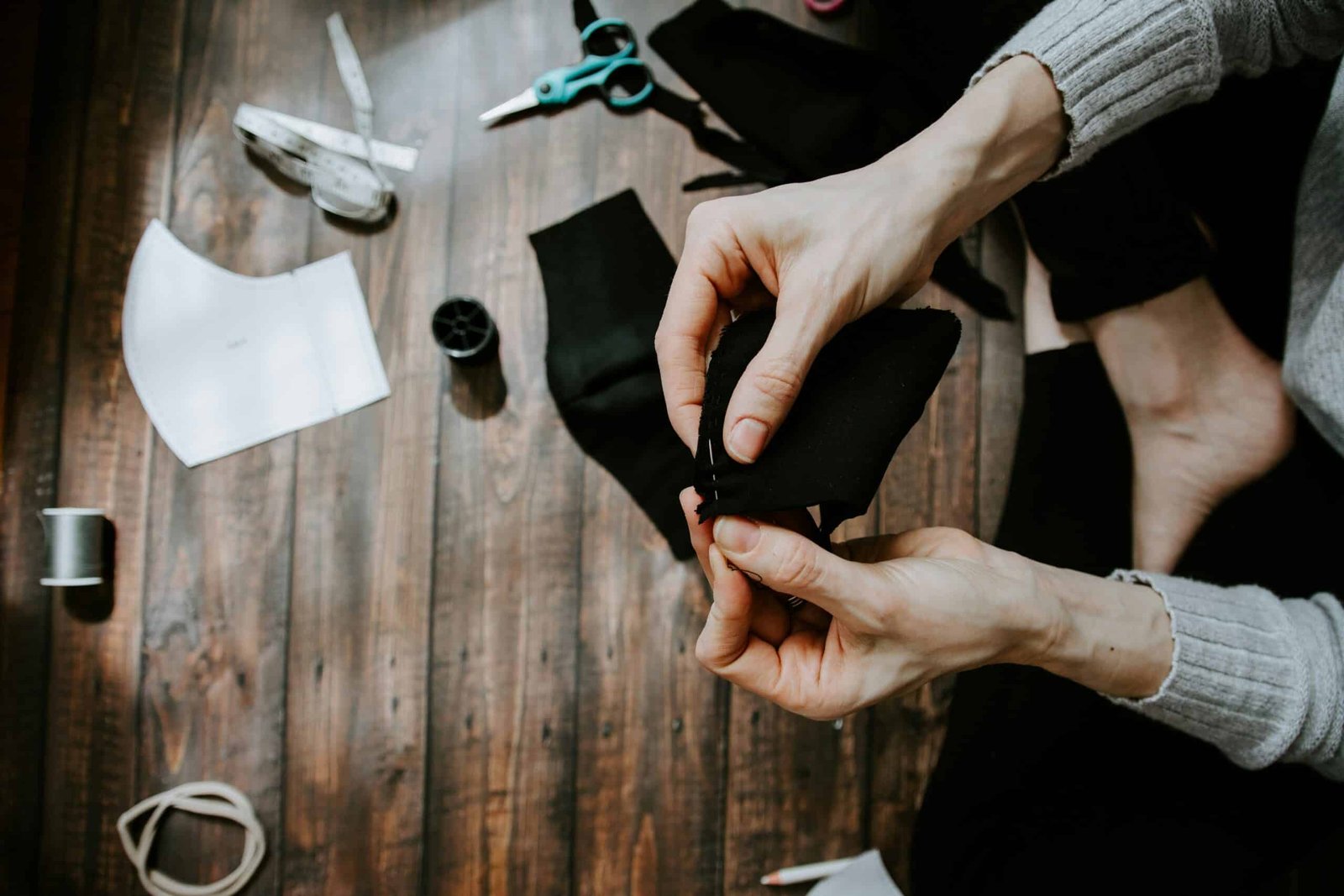
20. Mending and Repairs
Learning to mend clothes, curtains, and other fabrics can save you a lot of money in the long run. Learn to patch up holes, sew buttons, and repair things instead of replacing them.
21. Crochet
If you love textiles, crochet is another great skill to master. From blankets to dish rags and scarves, crochet is a versatile and relaxing craft. Plus, homemade crochet items make for great gifts!
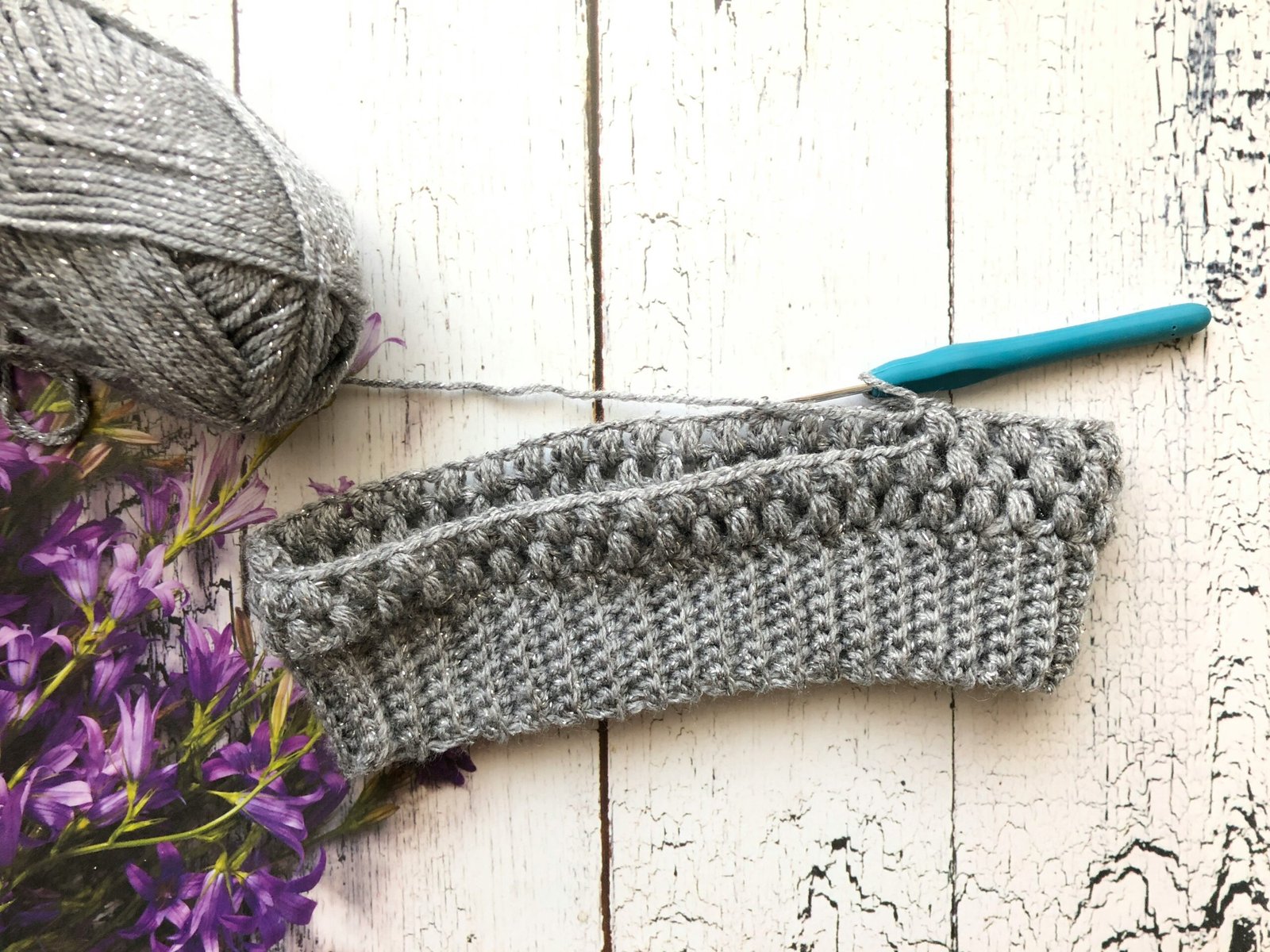
22. Hand-Embroidery
A creative and relaxing skill, hand-embroidery allows you to add a personal touch to textiles like napkins, towels, and even clothes. It’s a fun hobby that produces beautiful results, and it can be a great skill to have for homemade gifts.
23. Knitting
Knitting is another homesteading skill that can be used to create scarves, mittens, socks, and even blankets. It’s an easy way to make your own warm clothing without the need for store-bought items.
24. Woodworking
Woodworking is a valuable skill, especially when building homestead structures or furniture. Learn how to make things like a chicken coop, raised garden beds, or outdoor furniture. A good set of power tools and a little practice will go a long way.
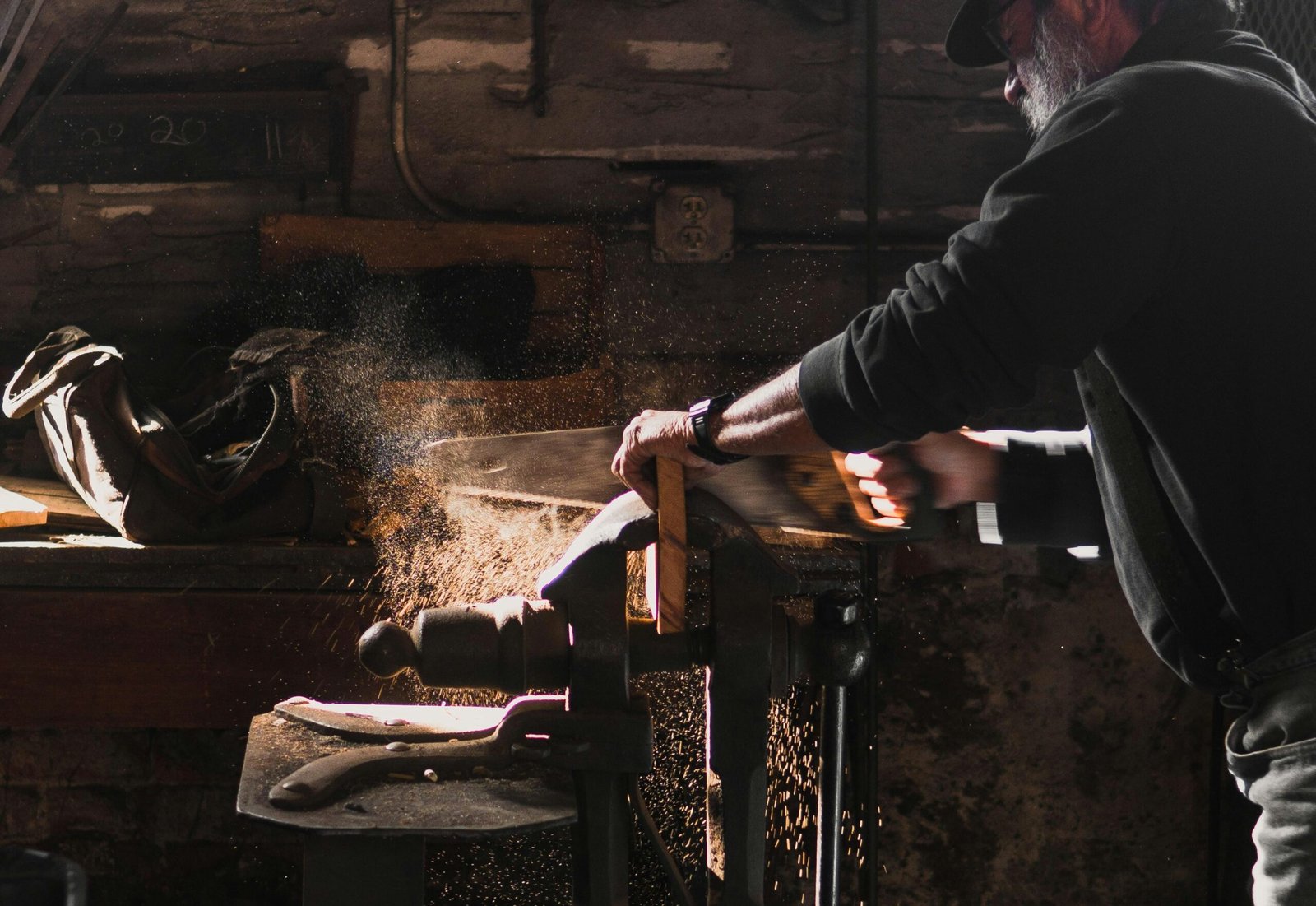
25. DIY Decor
Homesteading doesn’t just involve practical skills. You can also learn to make your own home decor using items like scrap wood, paint, and fabric. DIY decor is a great way to personalize your space and stay self-sufficient.
26. First-Aid & CPR
Basic first-aid and CPR skills are essential for homesteaders. You never know when you might need to administer care, especially if you’re working on your own property or dealing with animals. A first-aid kit and knowledge of basic health practices are invaluable.
27. Living Within Your Means
Finally, learning to live frugally and within your means is crucial to homesteading. Budgeting and resourcefulness are skills that help you live sustainably, reduce waste, and save money—skills that will be invaluable once you start your homesteading journey.
28. Beekeeping
Beekeeping is a rewarding homesteading skill that provides not only honey but also beeswax for candles, lip balm, and more. It’s a valuable skill for those looking to become more self-sufficient, as bees play a critical role in pollination and maintaining a healthy ecosystem on your property.
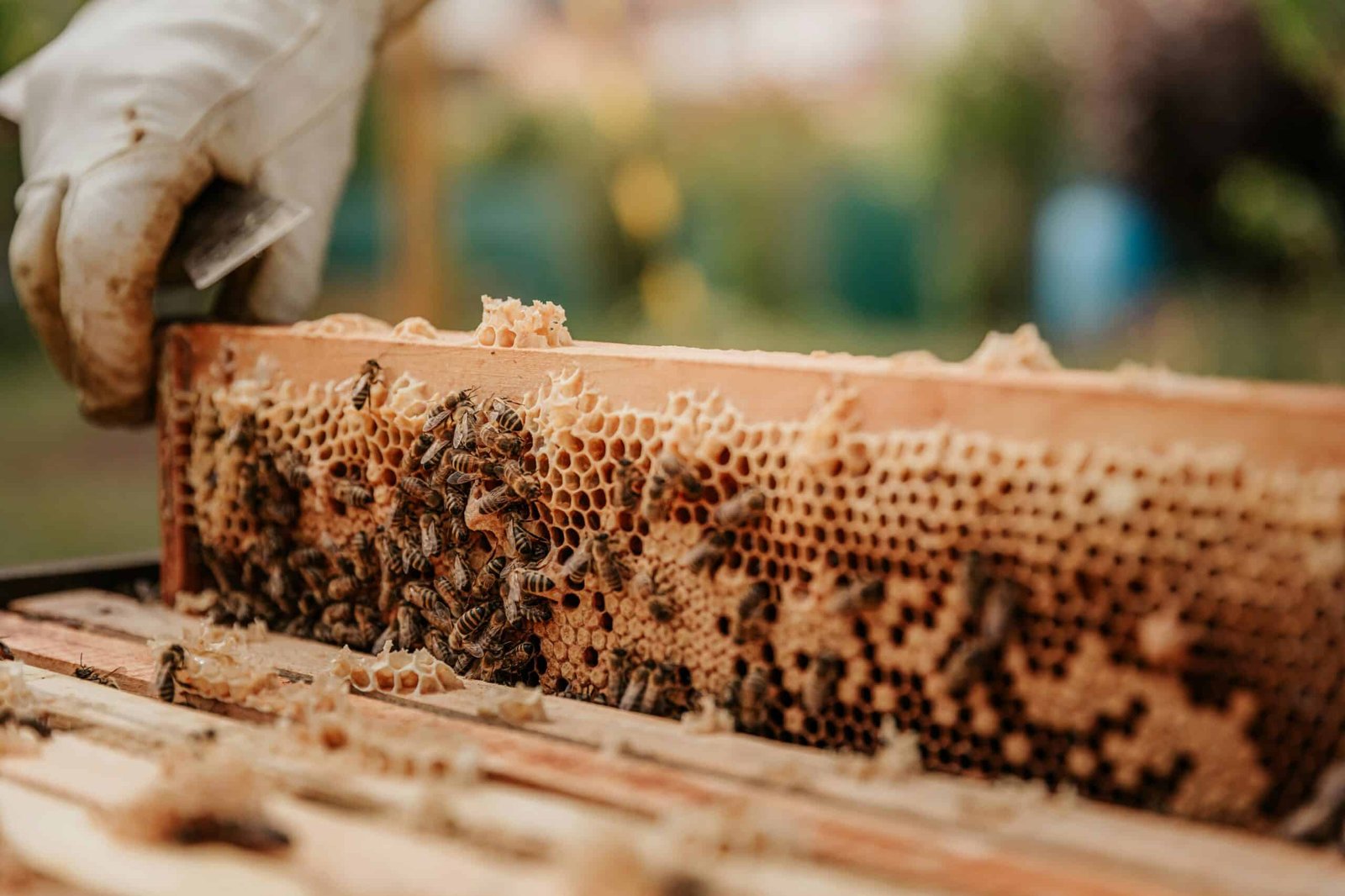
29. Animal Husbandry (Starting Small)
You may not have a large farm yet, but you can still practice animal care. Start by learning about the basics of raising small animals, like chickens, rabbits, or ducks. Research feeding, housing, and health care, so you’re prepared when you do have a homestead with livestock.
30. Renewable Energy Basics
Start learning about solar panels, wind turbines, and other forms of renewable energy. While you may not be installing a solar system right away, understanding how they work, the costs involved, and how to maintain them is an important skill as you work toward energy independence on your future homestead. Learn more about renewable energy here
By starting with these 30 homesteading skills, you’ll be well on your way to living a more self-sufficient lifestyle, no matter where you are. Pick a skill (or a few!) and start today—you’ll thank yourself when your homesteading dreams become a reality!
